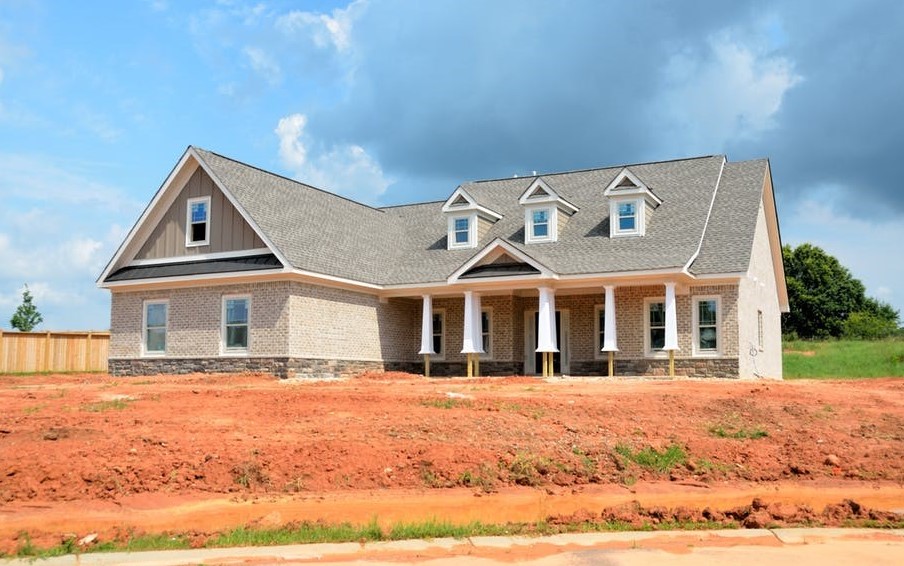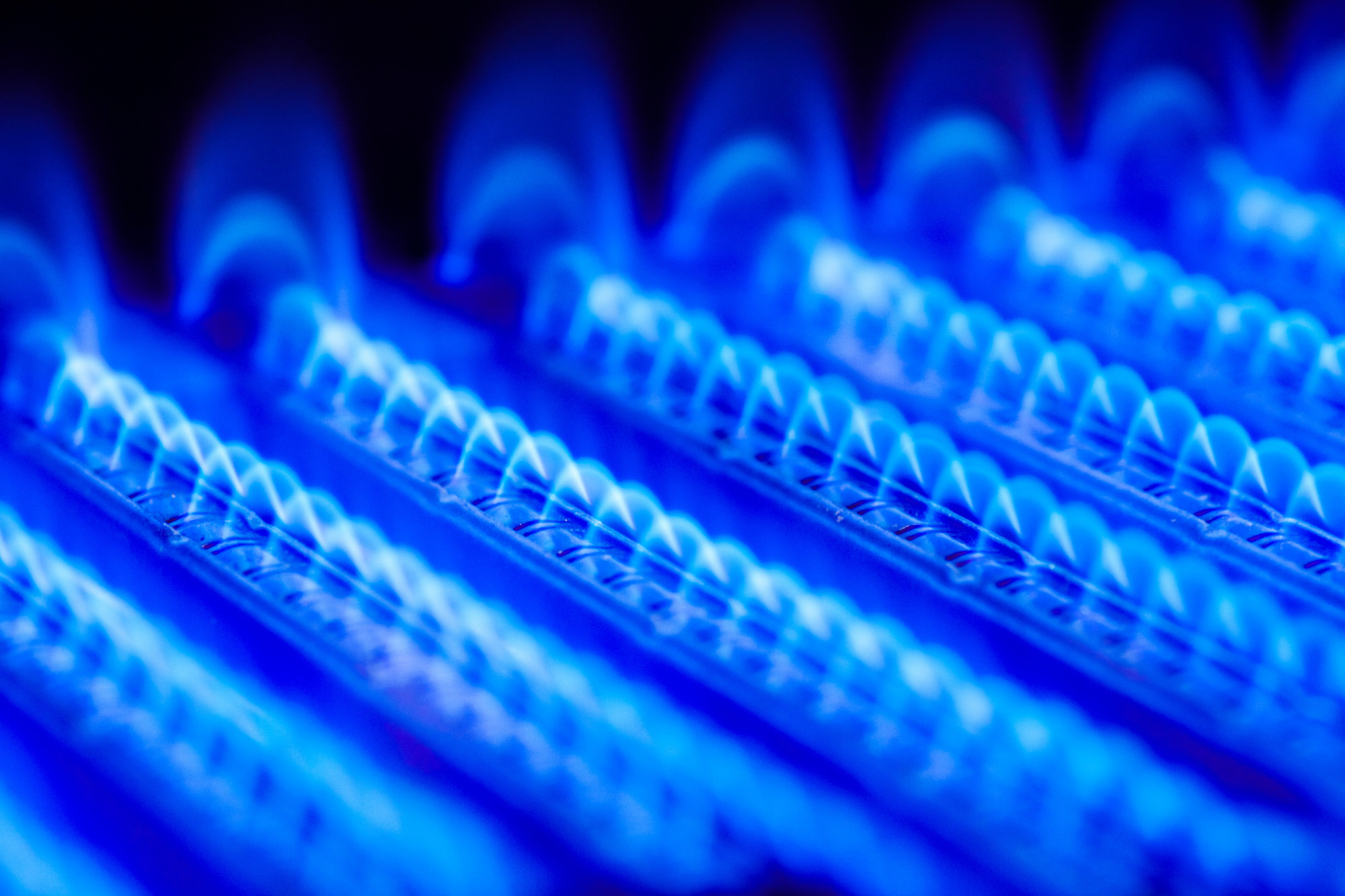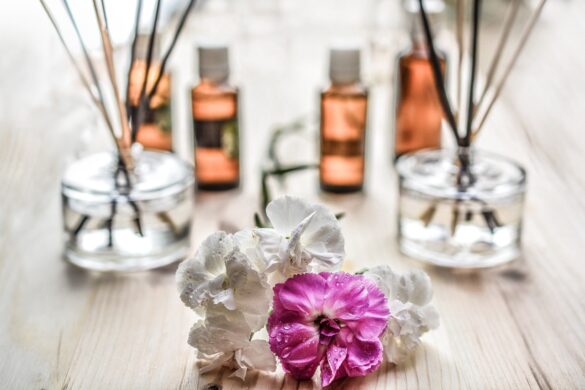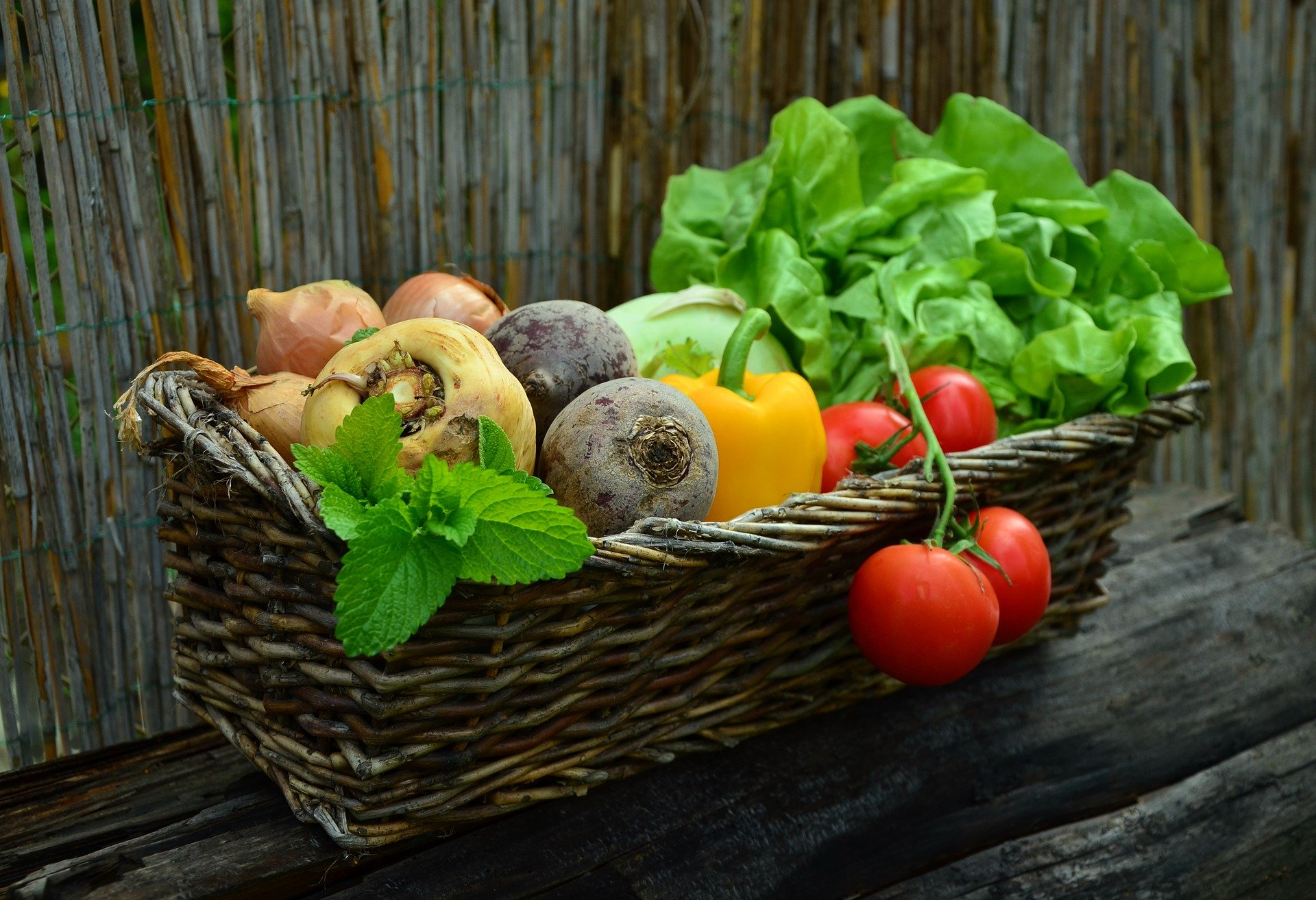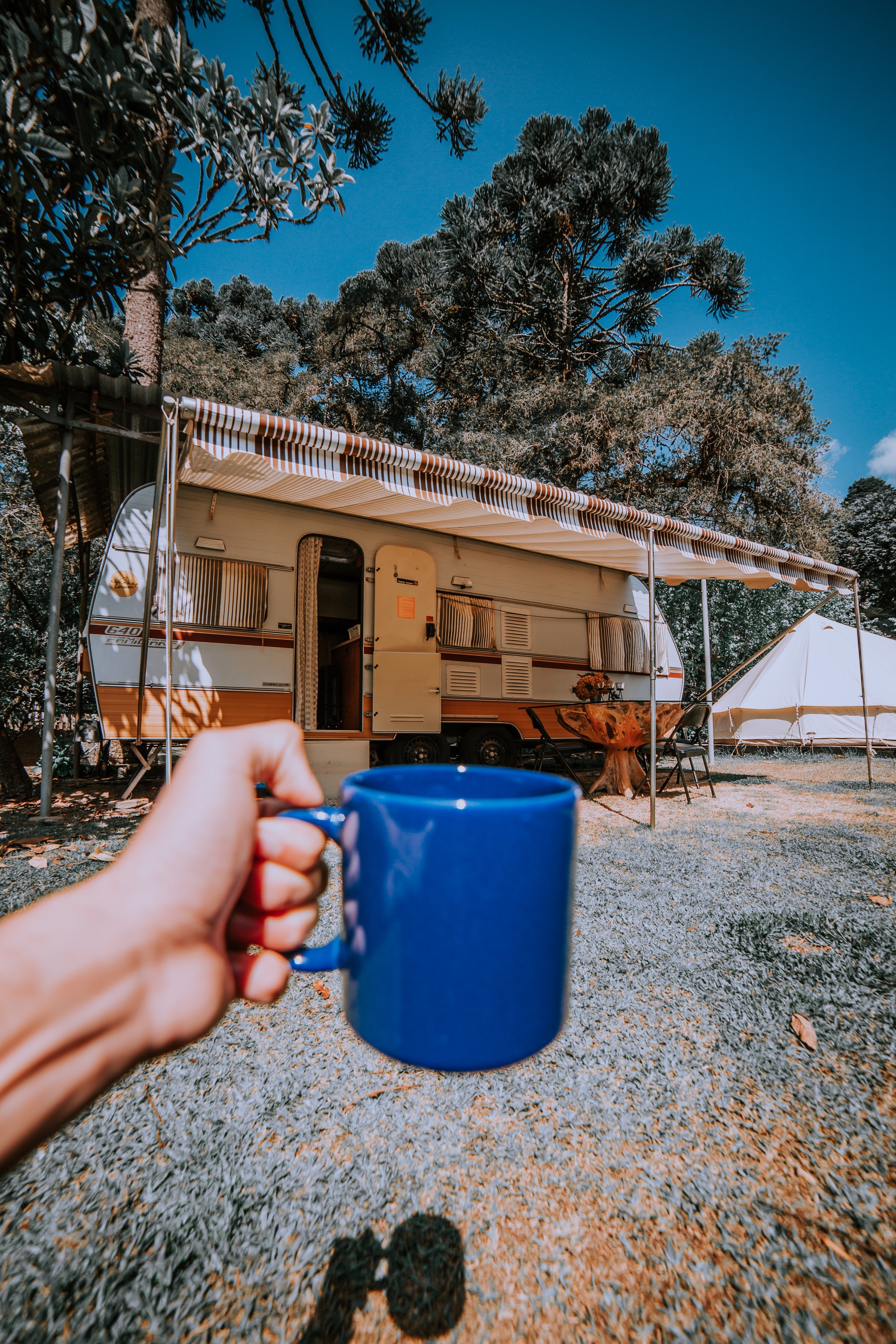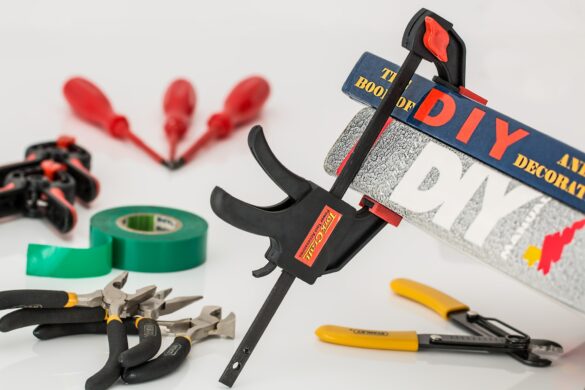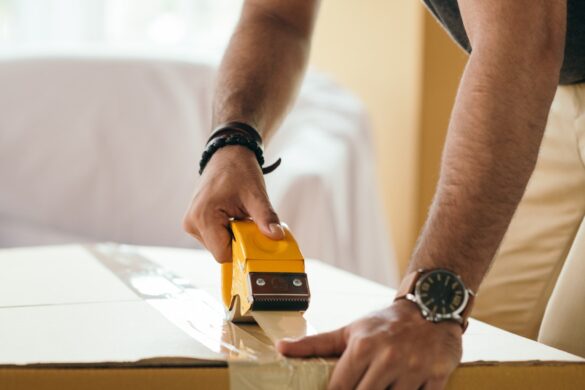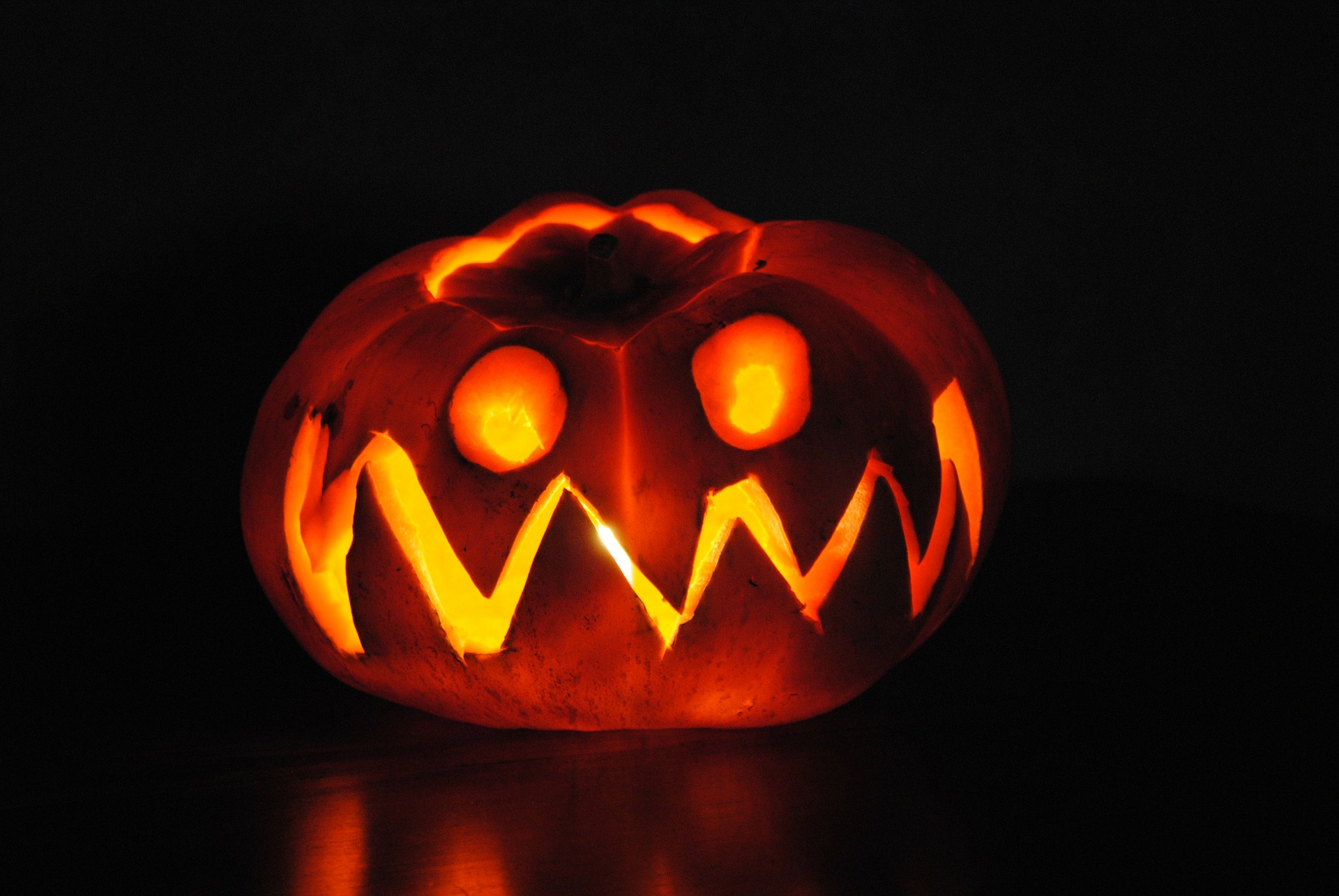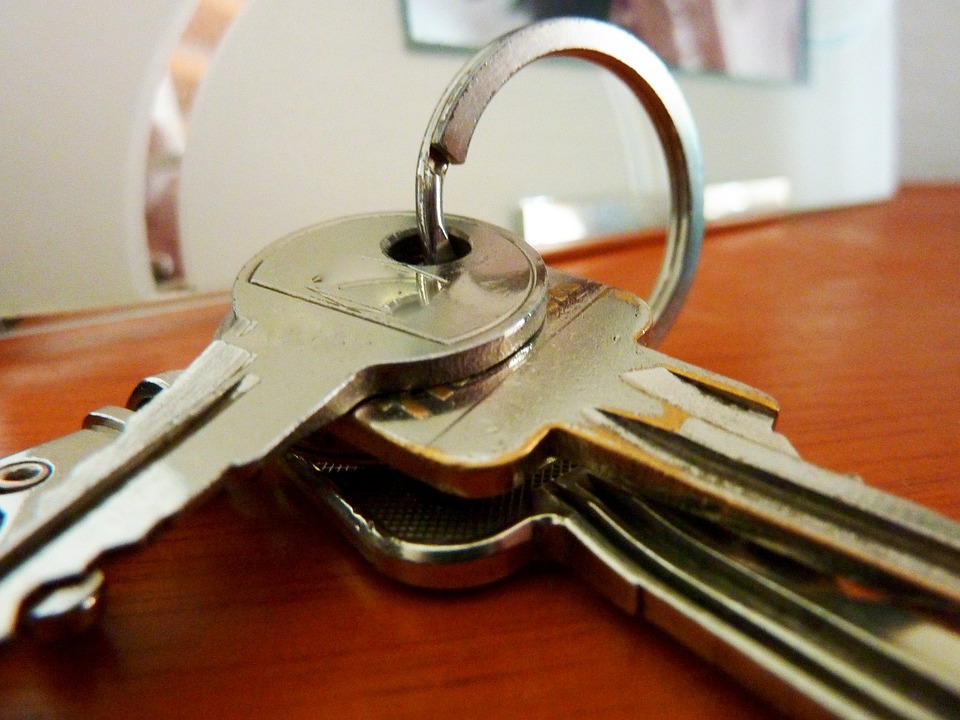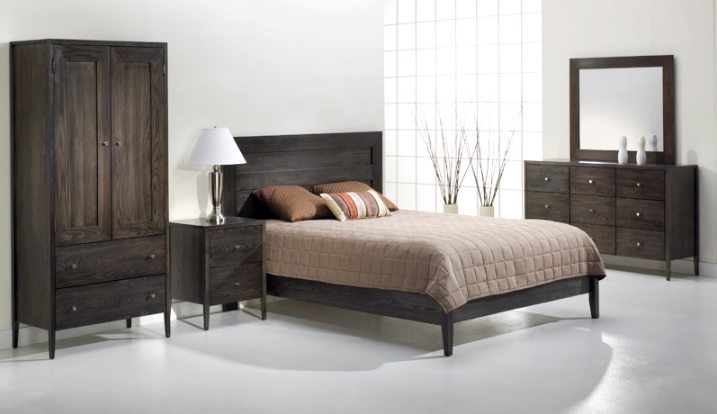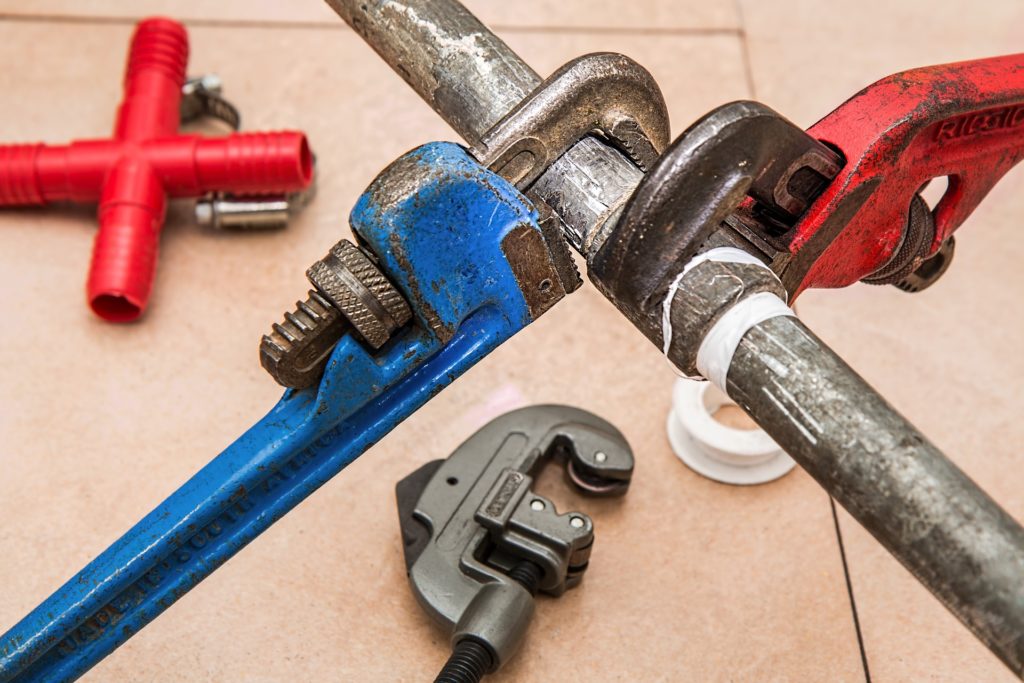
There are a few truly special days in one’s life: the day you get married, the day your first child is born, and the day you sign on the dotted line and become a homeowner. It’s even more rewarding if you have been renting a home — now it is time to take responsibility and make sure that you keep things running smoothly.
Of course, there is a drawback to home ownership, too. When something goes wrong — whether it’s a plumbing emergency or a pest infestation, or you simply need new carpet — you have to take care of it yourself. No more calling the landlord and watching things get magically fixed.
When it comes to plumbing, there are some preventative measures you can take to keep your system in good shape — and keep the plumber away for as long as possible. Read on to learn more.
Treat Your Drains Right
Clogged drains are a huge hassle. However, they can also lead to a high bill from an emergency plumber! Luckily, it only takes a little bit of knowledge to keep those drains from getting clogged in the first place.
One thing you should never do? Pour grease down the kitchen drain. It’s a liquid when it’s hot, but as soon as that grease cools down, it will solidify and effectively plug up the entire pipe. When you have cooking grease to dispose of, pour it into an empty soup can or other receptacle before throwing it out. Or let it congeal in the pan, then scrape it directly into the garbage.
Another common cause of clogged drains is hair. Use screens or filters over your sink and bathtub drains, and clean them out regularly. Don’t put anything down a drain to dispose of it, either.
Avoid Stopped-Up Toilets
A clogged toilet is just as bad, if not worse, than a clogged drain. It can cause the toilet to stop flushing, back up, or require expensive emergency plumbing repair.
Never flush maxi pads, tampons, condoms, baby wipes, or other trash. Teach your children never to flush toys or other household objects down a toilet. The only thing besides human waste that should ever be flushed is toilet tissue.
Don’t Let Your Pipes Freeze
When the mercury drops, your plumbing pipes run the risk of freezing if they aren’t insulated. Most of the time, it’s the pipes that run through basements, attics, and garages — unheated spaces, in other words — that are most in danger, but even the ordinary pipes in your home can be vulnerable. The first line of defense is to buy pipe insulation and install it. It’s relatively inexpensive and works well. Here are some basement bathroom ideas you can follow.
Can’t get the pipes insulated before the big freeze forecasted for tonight? Leave the water trickling to prevent the pipes from freezing up. You could also turn up the central heat a few notches. Open the cabinet doors that house the pipes, so that warmer area from the room can circulate around them.
Check Your Water Pressure
It feels great to stand under the pounding spray from the shower, but that is actually not so good for your plumbing. It’s important to know that low-flow showerheads won’t fix this problem. They only control the water that comes out of the plumbing system, not how hard it flows through the pipes.
“Super high water pressure can strain your pipes and eventually lead to a leak or even a burst pipe,” explains Adam Gee, qualified plumber and leak detection expert at Fix-It Right, one of the premier Melbourne plumbing companies.
An inexpensive part called a hose bib gauge will help you find out what your household water pressure is. If it’s between 40 and 85 psi, you’re good to go. Any higher than that, and you will want to call in a plumber for help.
Closing Thoughts
To be sure, teaching your family about what not to flush, or testing your water pressure is not the most fun part of home ownership. But it will prevent expensive repairs down the line, so it’s a good idea to do all you can to prevent plumbing problems before they even start.
